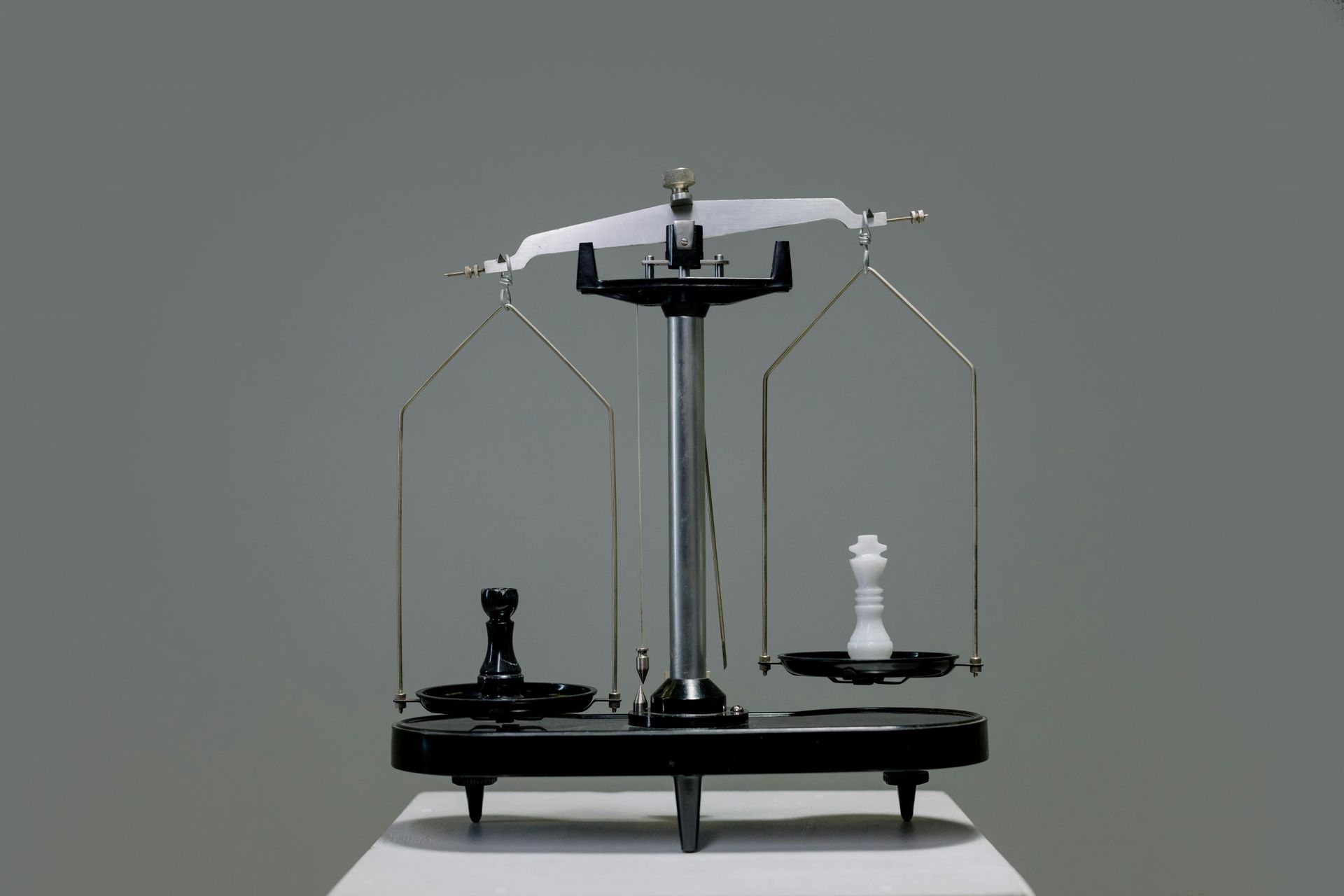When Views Don’t Align in a Relationship
This is a subtitle for your new post
One of the biggest myths about love is that a strong relationship means always being on the same page. In reality, two people — with different upbringings, values, experiences, and personalities — are bound to see the world differently at times.
Sometimes those differences are small, like whether to leave shoes by the door or in the closet. Other times, they feel bigger: how to spend money, raise kids, practice faith, or engage in politics. And when the stakes feel high, disagreements can start to look like cracks in the foundation.
But here’s the truth: the strength of a relationship is not measured by how often you agree, but by how you handle the moments you don’t.
⸻
Why Differing Views Feel So Personal
When your partner sees something differently, it may feel like they don’t understand you at your core. That’s because our views often carry deeper meaning:
• They’re tied to identity: What you believe is often linked to who you are.
• They come from experience: Your past shapes how you interpret the present.
• They protect values: Underneath each opinion is usually a need — safety, respect, stability, freedom.
So when your partner disagrees, it’s natural to feel defensive. You’re not just debating an idea; you’re protecting something important to you.
⸻
What Can Go Wrong
Couples often struggle when their differences become battles instead of bridges. Common pitfalls include:
• Avoidance: Pretending the issue doesn’t exist, only for it to resurface later.
• Power struggles: Arguing to “win” rather than to understand.
• Assumptions: Believing your partner’s different view means they don’t value you.
• Ultimatums: Jumping to “If you don’t agree with me, this can’t work.”
These reactions make the gap wider, leaving both people unheard and more disconnected.
⸻
Real-Life Scenarios: When Views Clash
Money
One partner believes in saving for the future, while the other feels money is meant to be enjoyed in the moment. On the surface, this looks like a financial tug-of-war. But underneath, one person values security and the other values experiences. Recognizing the shared desire for happiness can shift the conversation.
Parenting
Maybe one parent believes in strict routines while the other takes a more flexible approach. Instead of arguing over who’s “right,” uncovering the shared goal — raising healthy, happy kids — creates space for compromise.
Politics & Beliefs
Differences in political or social views can feel like heavy barriers. Instead of trying to convince or convert, couples can focus on why these beliefs matter and how to respect boundaries without losing connection.
Lifestyle Choices
One partner thrives on constant socializing, while the other prefers quiet weekends at home. The solution isn’t about one winning, but finding balance — nights out mixed with nights in — that respects both needs.
⸻
How to Work Through Differing Views
Working through differences takes practice, but it’s possible — and it often brings couples closer. Here’s how:
1. Lead with curiosity, not judgment
Instead of rushing to defend your position, ask: “What makes this important to you?” or “Can you tell me more about how you see it?”
2. Separate the issue from the person
Disagreeing on a topic doesn’t mean your partner is against you. Focus on the view, not labeling your partner as “wrong.”
3. Look for the values beneath the surface
Often, two different opinions come from the same underlying value expressed in different ways.
4. Practice respectful disagreement
Not every issue will end in resolution. Sometimes, “I respect your view even though I don’t share it” is enough.
5. Come back to connection
After the tough talk, return to something grounding: a hug, shared laughter, or a reminder of what you love about each other.
⸻
Coaching Perspective
In my coaching work, I often see couples who believe their differences are deal-breakers. The truth? Differences are natural — it’s how we handle them that matters. Coaching creates a space where both partners can express their views without interruption, judgment, or fear.
The pause — that moment of slowing down before reacting — is where real change happens. It allows each person to be heard, to reflect, and to respond with intention instead of impulse. This shift turns conflict into conversation, and disagreements into opportunities for growth.
⸻
Final Thoughts
Relationships aren’t built on being identical; they’re built on navigating differences with respect and care. When your views don’t align, remind yourself: different doesn’t mean broken.
Instead of asking, “How do we make this go away?” ask, “How do we honor both of our voices here?” The answer might not always be perfect harmony, but it can be balance — and balance is often more sustainable than sameness.
If you’re finding it hard to communicate through differences, I can help. Coaching gives you tools to approach conflict without fear, to pause instead of react, and to create connection even when you don’t agree.













